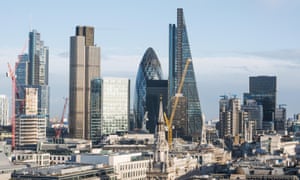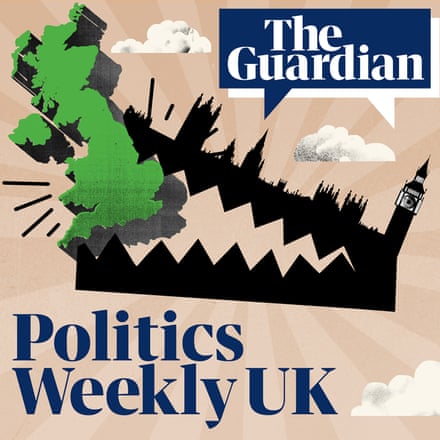The housing crisis and the race for London - Politics Weekly podcast
Tom Clark is joined by Dave Hill, Rowan Moore and Tony Travers as he travels around the capital ahead of London’s mayoral election. With the city’s housing crisis in sharp focus, do the promises of Labour’s Sadiq Khan or Conservative Zac Goldsmith stack up?
London elects a new mayor to replace Boris Johnson next week. The role is evolving and powers must be shared with London’s borough councils but whoever wins will find themselves with the largest direct personal mandate in the country. At present the polls show it is a straight fight between Labour’s Sadiq Khan and the Conservative candidate Zac Goldsmith.
Joining Tom Clark as he travels around the capital are the Guardian’s London political commentator Dave Hill and Tony Travers, professor of government at the London School of Economics.
After a bitter campaign that has played on community tensions, we hear from Muslim Londoners in Whitechapel and residents of leafy Richmond. They are united in the belief that the number one priority is housing, but residents are often fatalistic about what can be done.
Rowan Moore, the Observer’s architecture critic is far more optimistic though. He discusses ideas from his latest book Slow Burn City about how the new mayor can take inspiration from the great Victorian reformers and push through ambitious new plans for publicly funded housing.
Leave your thoughts below.

The Guardian is editorially independent. And we want to keep our journalism open and accessible to all. But we increasingly need our readers to fund our work.
Support The Guardian
View all comments >